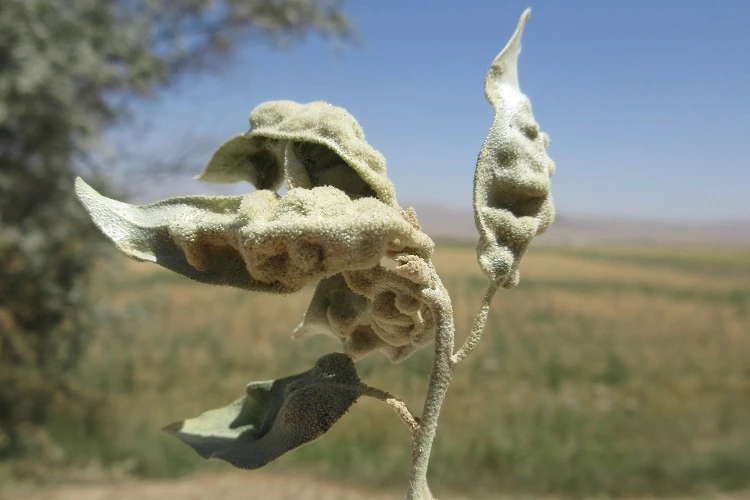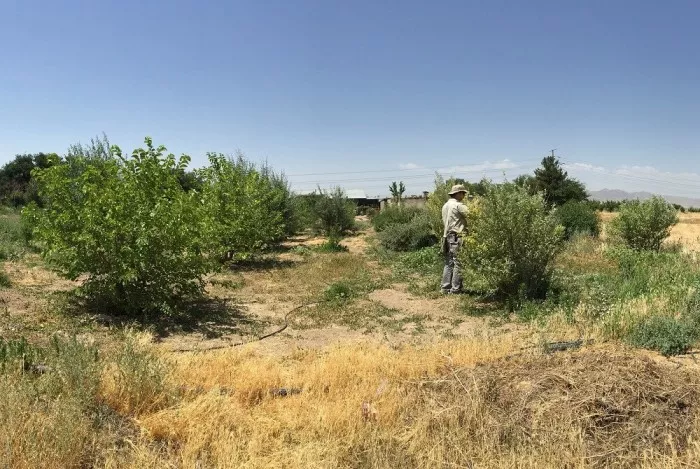According to new atlas, trying to selectively kill invasive plants growing in non target native species may be a challenge However, a new initiative aims to achieve this goal by introducing a herbivorous mite into the Canadian environment

The invasive plant that appears in Canada and the United States is Elaeagnus angustifolia, a small deciduous tree native to Southeast Europe and Asia.
In the 19th century, European settlers began to bring it into the United States and Canada as a shade tree and windbreak. Since then, it has spread across many U.S. states and Canadian provinces, where it has crowded out local plants, reduced nesting sites for birds, changed soil chemistry, and otherwise damaged the ecological balance.
Since 2007, an international team of scientists has been exploring the use of mites to control Russian olives. The team consists of scientists from the International Center for agricultural and Biological Sciences (Cabi), the University of Belgrade in Serbia and the University of ferdos in Iran.
More specifically, the researchers looked for a mite called aceria angustifoliae, which naturally exists in the origin of plants. Every spring, this arachnid feeds on the twigs, flowers and fruits of the Russian olive plant. Depending on the extent of the damage, this activity may kill the plant or at least reduce its growth rate.
In outdoor experiments conducted in Iran and Switzerland, it was determined that the range of plants targeted by A. angustifoliae mites was very narrow, and it may only target Russian olives under natural field conditions.
Based on these findings, cabi cooperated with two scientists - Dr. Rosemarie de clerck float of the Canadian Department of agriculture and agri food (aafc) and Dr. Tim collier of the University of Wyoming - to apply for the release of the mite in North America in 2019. The Canadian food inspection agency has now been authorized under the Canadian plant protection act to allow release in Canada.
The researchers hope that the first release will take place next spring, possibly starting in British Columbia and Alberta, where wild Russian olives are particularly problematic.
Dr Philip Weyl of cabi said: "allowing the release of aceria angustifoliae in Canada is an important step forward so that in Canada, perhaps for some time, in the North United States In other regions, there is a feasible biological control to solve the problem of Russian olive. "
Recently published in biological control science and technology 》A paper in the journal describes the study.

